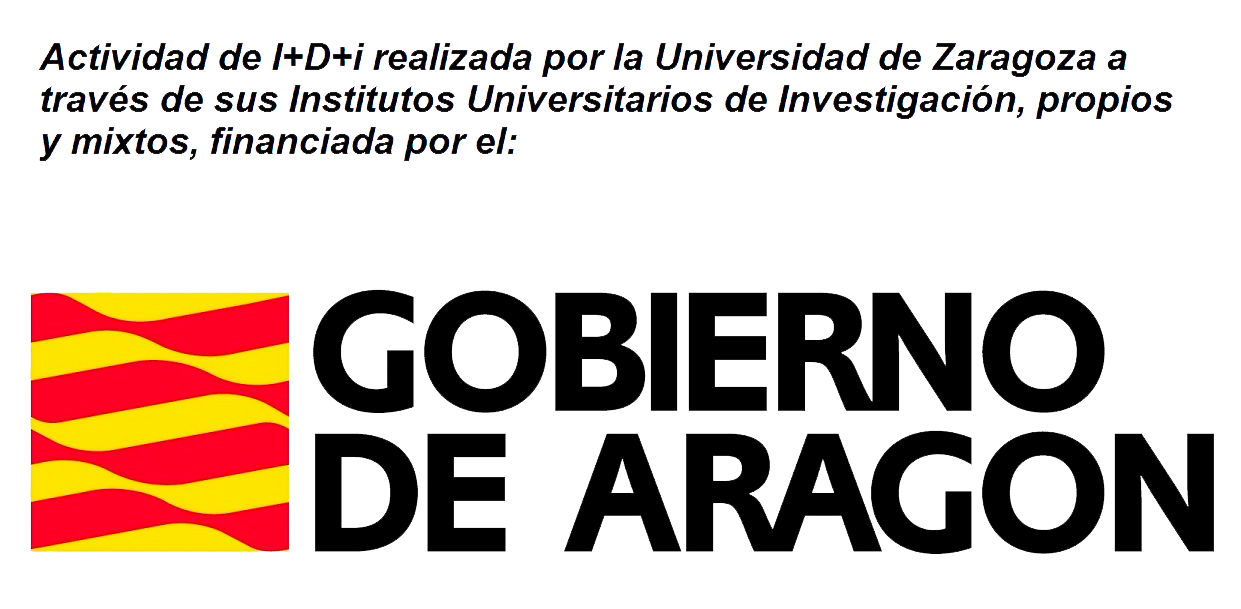Emma Sevilla Miguel
Centre: Facultad Ciencias / Departamento Bioquímica y Biología Molecular y Celular
Institution: University of Zaragoza, Zaragoza (Spain)
Position: Researcher from the University of Zaragoza
E-mail: esevilla@unizar.es
Phone: 976 761000 Ext 842809
Profile: Click here
Personal statement
I carried out my doctoral thesis at the Department of Biochemistry and Molecular and Cellular Biology of the University of Zaragoza, under the supervision of María Luisa Peleato and María Fillat. My thesis focused on the study of environmental and nutritional factors affecting the synthesis of a hepatotoxic toxin produced by some cyanobacteria called microcystin. On the other hand, I developed a rapid diagnostic kit for the detection of this toxin in drinking water. Afterwards, I did my postdoctoral period at the Centro Nacional de Biotecnología (CSIC, Madrid) where I worked on several aspects related to bioremediation and developed several whole-cell biosensors to detect hydrocarbons from oil spills in seawater. Finally, I rejoined the Department of Biochemistry and Molecular and Cellular Biology of the University of Zaragoza, where I am currently a full professor and work as a teacher and researcher. My incorporation to BIFI was at the beginning of the Institute when I was doing my doctoral thesis.
Researcher profile identity
I am currently a R4-level researcher. My research interests are based on understanding the global regulatory networks that control adaptation processes of cyanobacteria to abiotic stresses and studying the potential of cyanobacteria as bioremediation agents of pollutants. On the other hand, I am also focused on the development of whole-cell biosensors for the monitoring and detection of environmental pollutants using cyanobacteria as a chassis.
Why my research is important
Knowledge of global regulatory networks in cyanobacteria is important because these microorganisms have a wide variety of biotechnological applications. Some of these applications are their use as biofertilizers or their use in the production of biofuels such as hydrogen. Knowing the regulatory pathways of the genes that make up the genome of these organisms can help us to improve their biotechnological applications. On the other hand, both the application of cyanobacteria as bioremediators and their use as whole-cell biosensors are relevant in the field of environmental biotechnology as they help us to monitor the presence of pollutants and to eliminate them.
Know more about me and my research
– https://bifi.es/es/bioquimica-bmc/
– LinkedIn: @cyanofur











